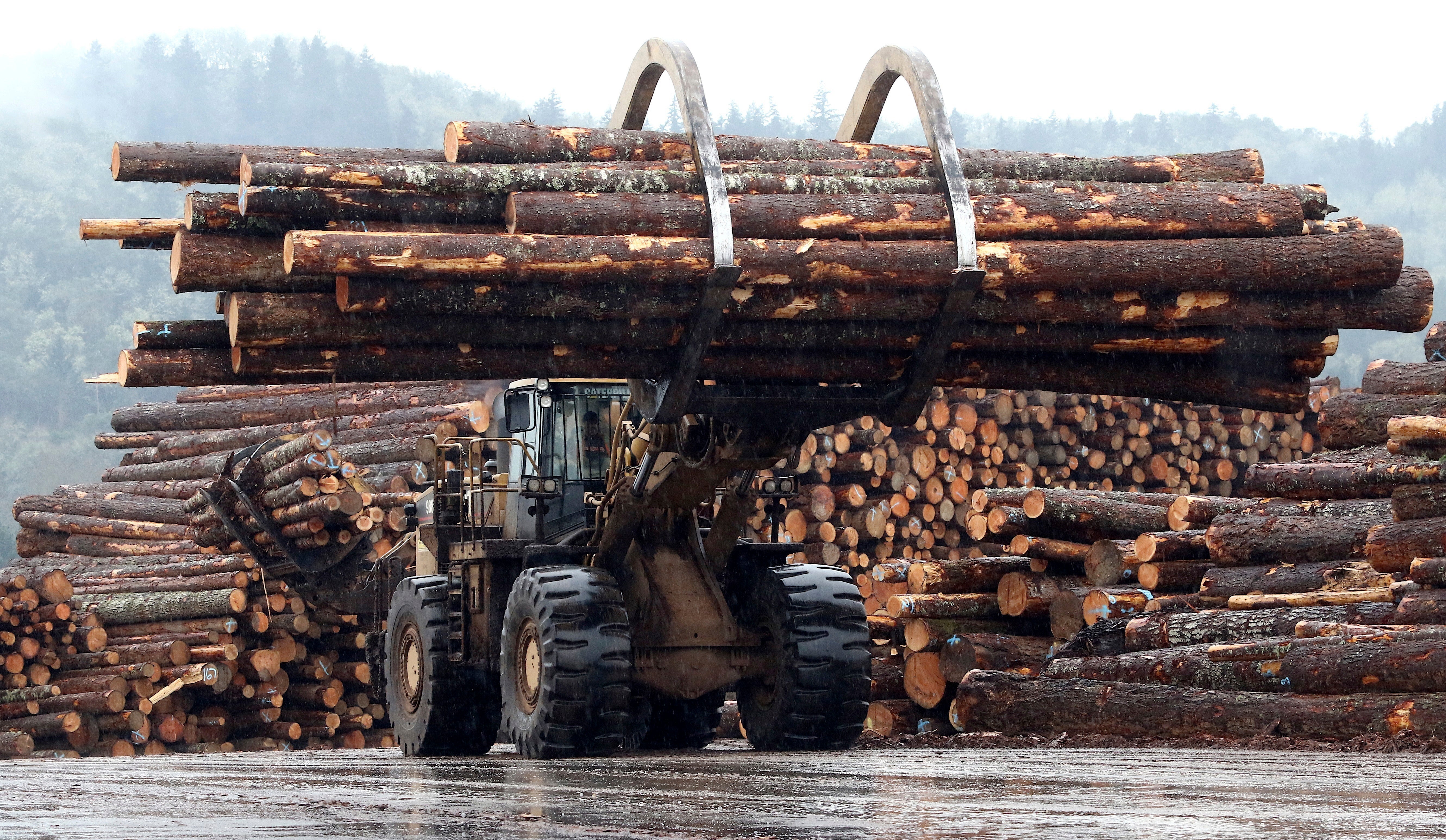Appeals court nixes $1.1 billion timber award against Oregon
The Oregon Court of Appeals has overturned a $1.1 billion verdict against the state over its forest management practices

Your support helps us to tell the story
From reproductive rights to climate change to Big Tech, The Independent is on the ground when the story is developing. Whether it's investigating the financials of Elon Musk's pro-Trump PAC or producing our latest documentary, 'The A Word', which shines a light on the American women fighting for reproductive rights, we know how important it is to parse out the facts from the messaging.
At such a critical moment in US history, we need reporters on the ground. Your donation allows us to keep sending journalists to speak to both sides of the story.
The Independent is trusted by Americans across the entire political spectrum. And unlike many other quality news outlets, we choose not to lock Americans out of our reporting and analysis with paywalls. We believe quality journalism should be available to everyone, paid for by those who can afford it.
Your support makes all the difference.The Oregon Court of Appeals on Wednesday overturned a $1.1 billion verdict against the state over its forest management practices, the latest development in a decades-long dispute over the best use of vast tracts of forestland that cover much of the state's rural areas.
A Linn County jury found in 2019 that Oregon breached its contract with 13 rural counties and 151 local taxing districts by failing to maximize timber harvests on state forests over the last two decades. The counties have said Oregon must manage more than 700,000 acres (28,327 hectares) of state forestland for maximum timber revenue, while the state Department of Forestry believes it has the discretion to manage the land for wildlife and recreation.
The plaintiffs can appeal to the Oregon Supreme Court.
At the heart of the dispute is an 80-year-old Forest Acquisition Act, which governed the transfer of county lands that now make up Oregon's state forests.
The counties which stand to gain from timber revenue on those lands say the act represents a contract between the parties, and point to language in it that requires Oregon to manage the forest for their “greatest permanent value.” The state has maintained that the act was not a contractual agreement and that the counties don't have standing to sue the state.
The appeals court, in its decision, wrote that the language and intent of that act in its history and context — and without any “useful” legislative action on the issue — “does not clearly and unmistakably create a contractual obligation."
The law was originally enacted when hundreds of thousands of acres of Oregon forests were logged or burned by wildfire and the counties turned them over to the state in exchange for a share of revenue generated by the land. But the forests have now recovered and comprise some of the best timber stands in the state.
The decision threatens to create further divisions between rural and urban Oregon that have arisen over clashes over logging. Timber harvests have declined steeply in rural areas of the state in recent decades due to environmental protections and both environmentalists and the timber industry have been closely watching the case.
The decision also comes after President Joe Biden issued an executive order during his visit to the Pacific Northwest last week that directed the Department of the Interior and Department of Agriculture to create an inventory of mature and old-growth forests across the country and protect those forests from wildfire and climate change.